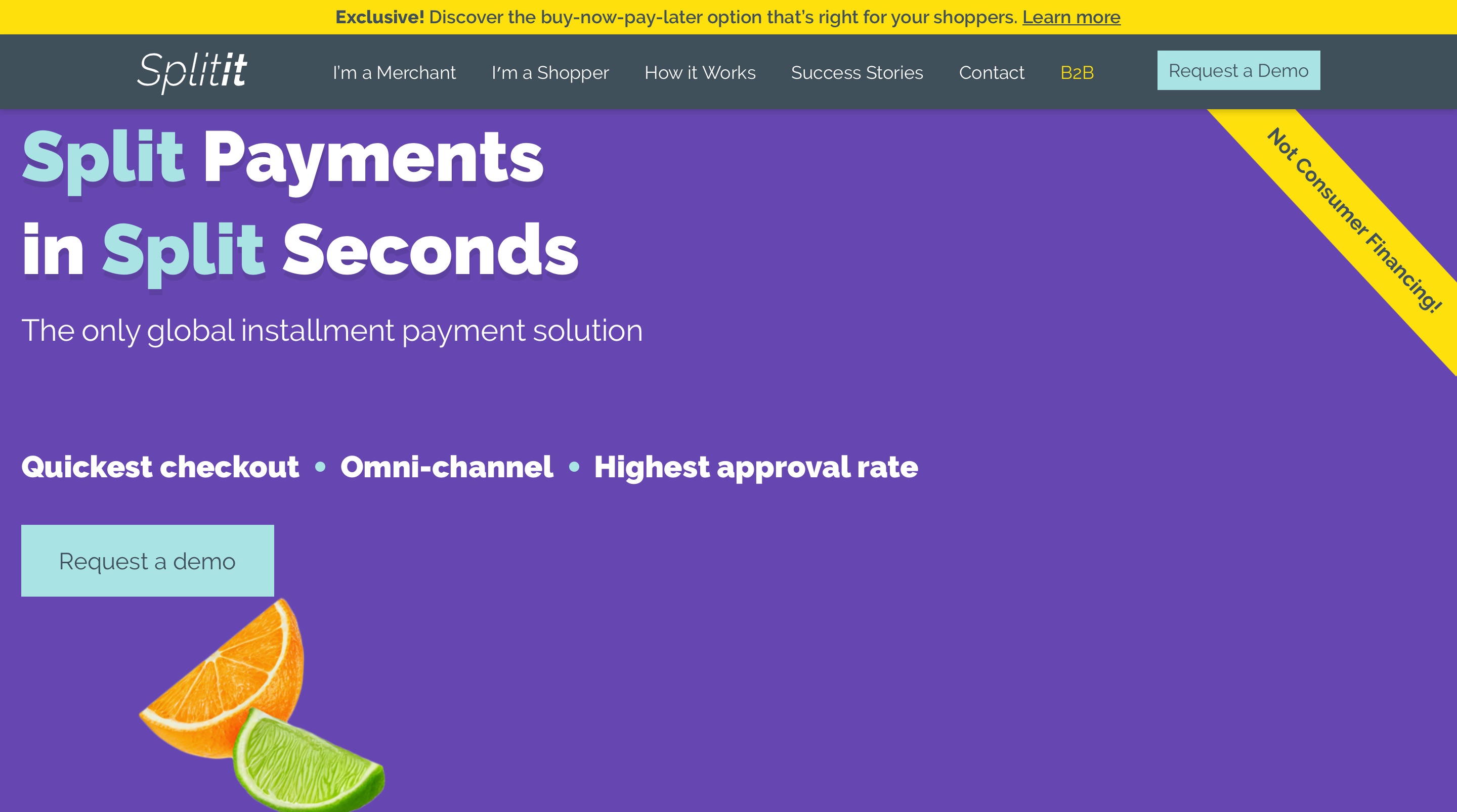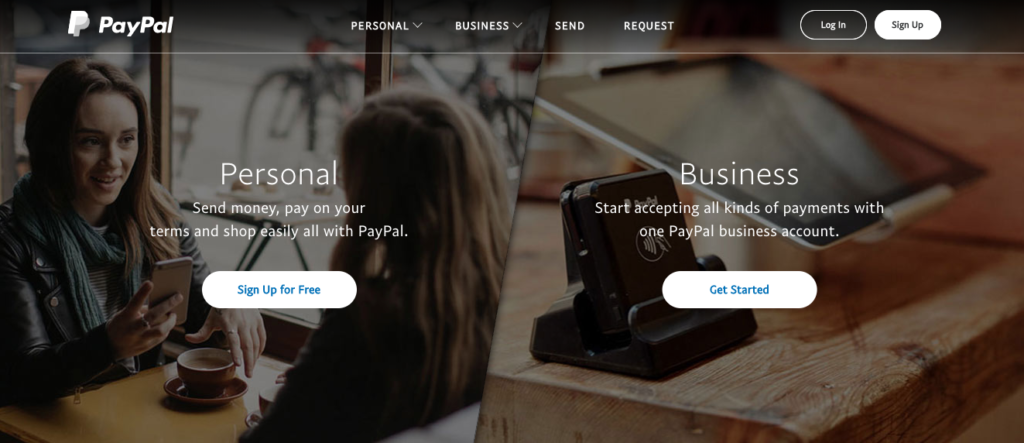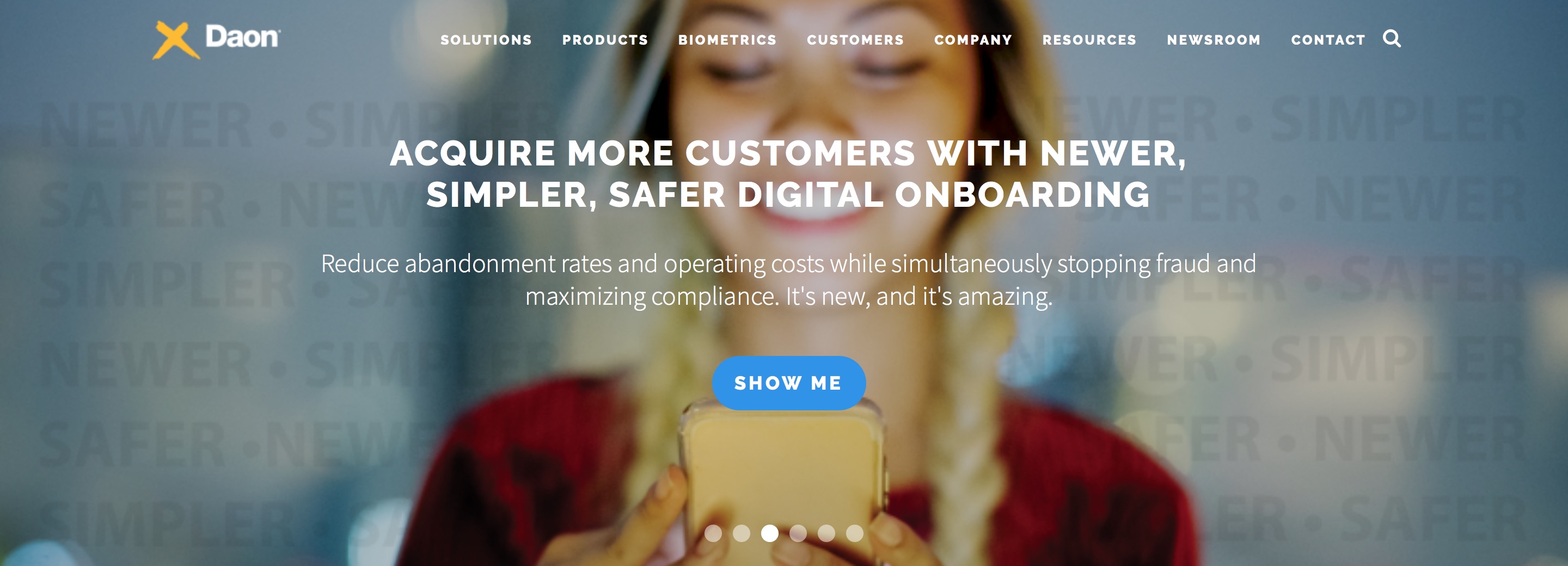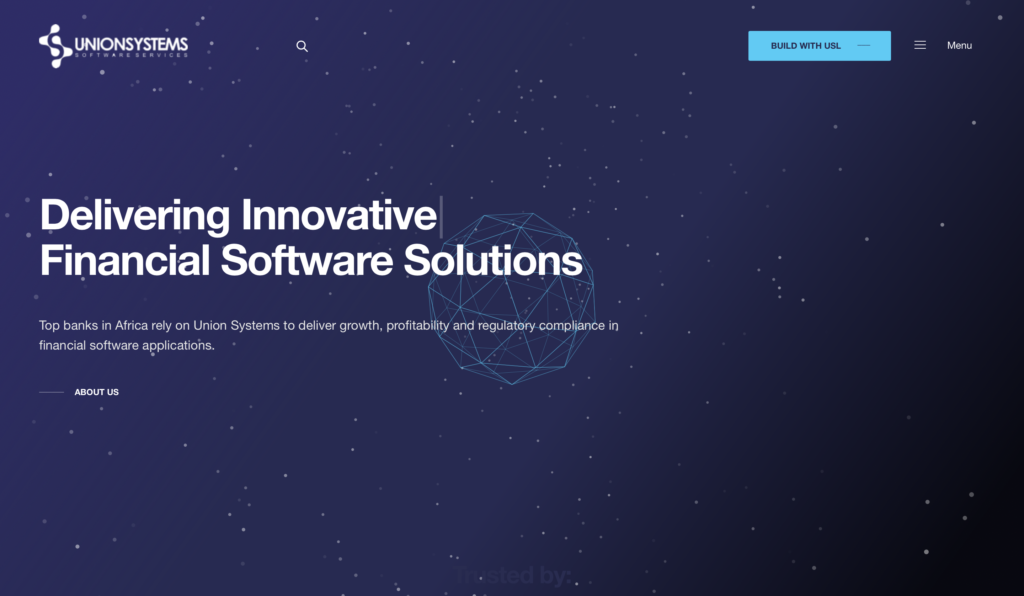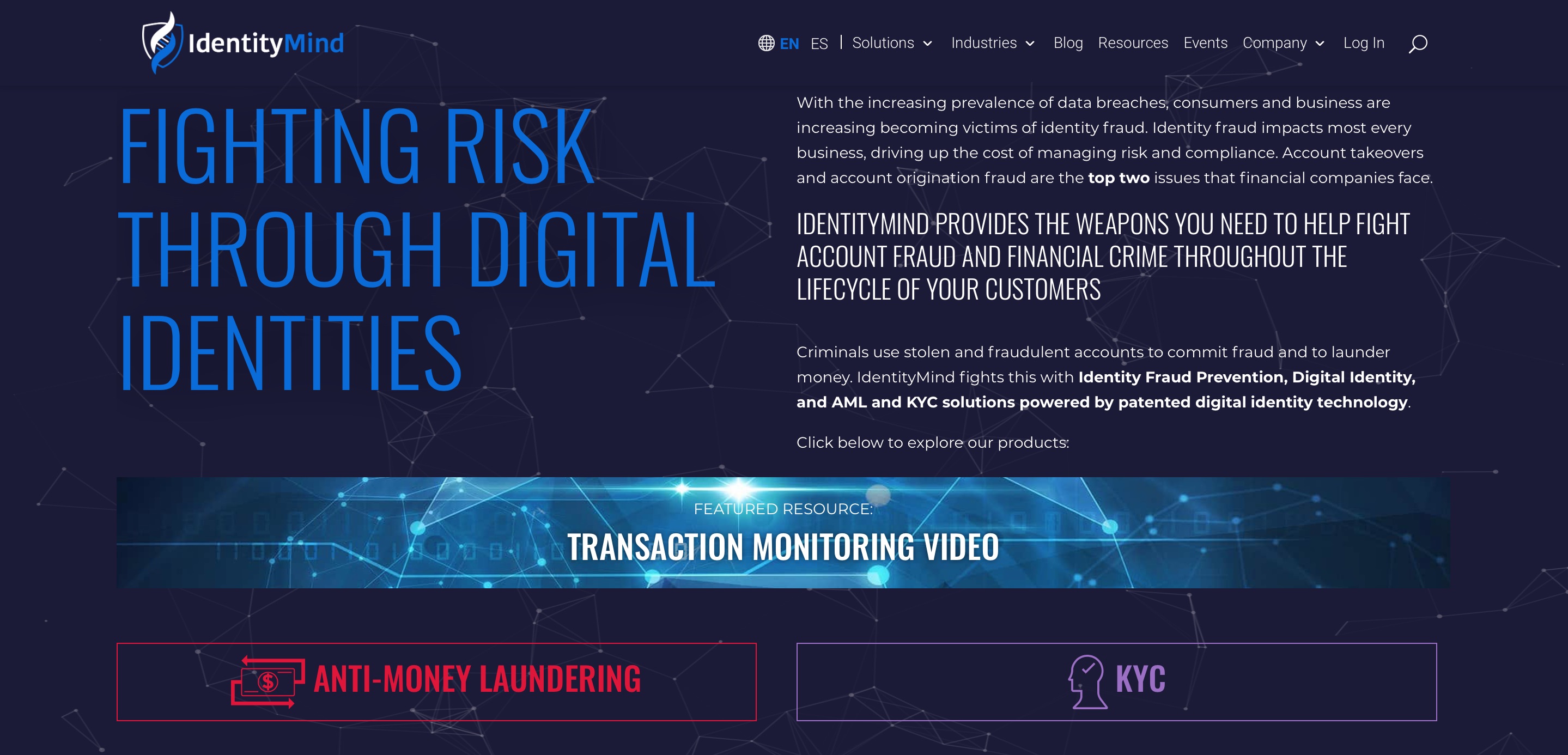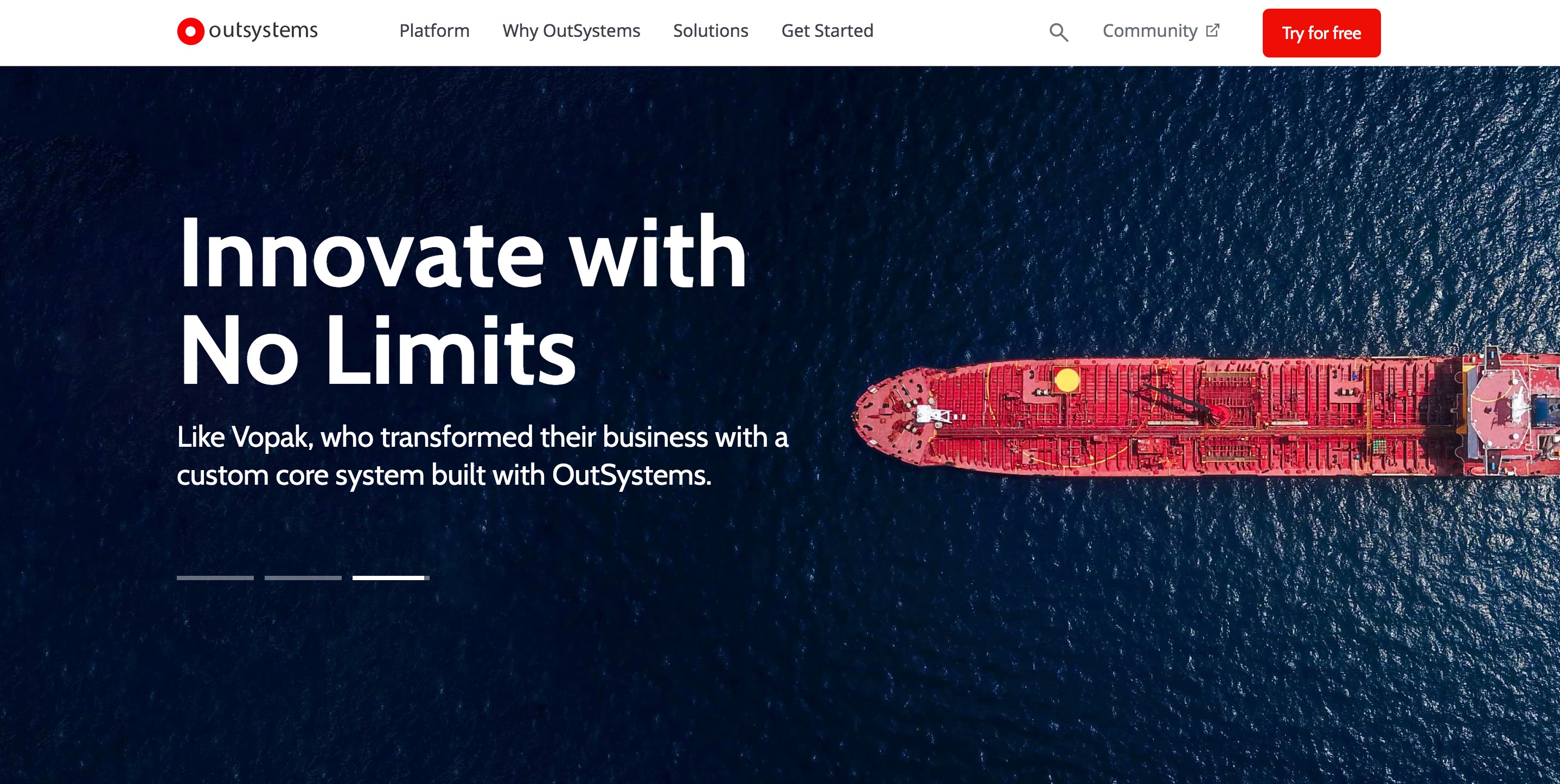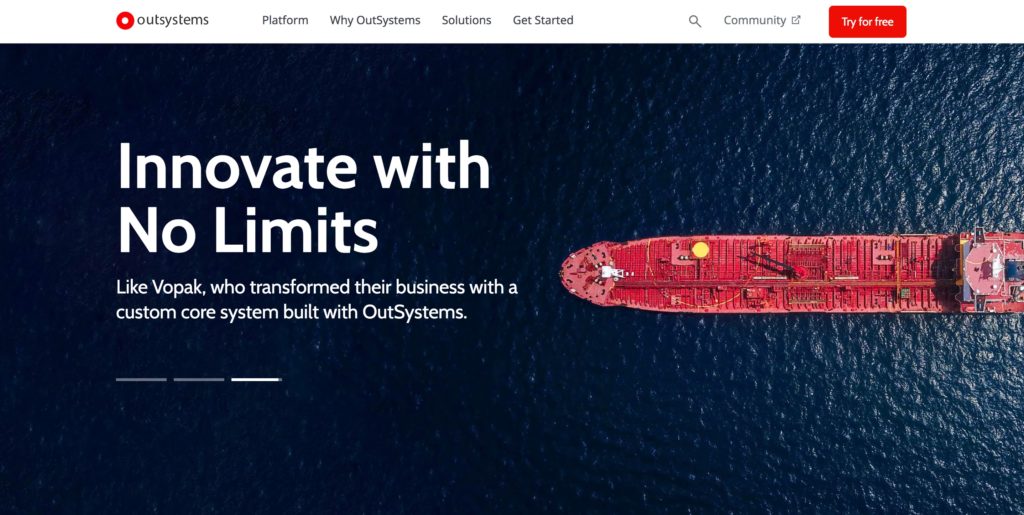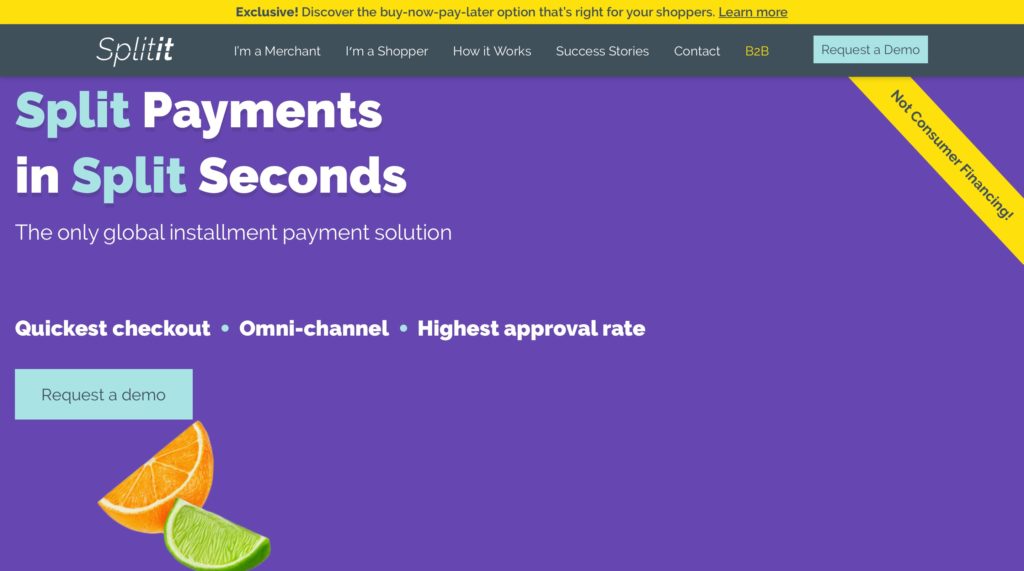
The buy-now-pay-later e-commerce specialist Splitit has picked up a pair of new partnerships in recent days.
The company announced this week that its Buy Now Pay Later (BNPL) solution will be available across Shopify’s network of 800,000+ merchants in 20 different countries. Splitit also has teamed up with point-of-sale financing company Divido to make its BNPL offering available to the company’s 1,000 banks, merchants, and partners. The Divido integration will go live initially in the U.K., and shortly afterwards launch in the U.S.
“The feedback we consistently receive from merchants is that consumers are looking for better ways to manage their cash flows,” Splitit CEO Brad Paterson said. He highlighted the high number of credit card holders and the upwards of 70% of balances that remain untapped, and said that Splitit provided a better way for consumers to manage cash flow.
Paterson added that improving cash flow for consumers was a good deal for merchants, as well. “By making customer purchases on credit cards more affordable, merchants are also converting more sales and growing their average transaction values, delivering significant benefit to everyone involved,” he explained.
Splitit’s partnership news comes as the company, which debuted at FinovateFall 2014 as PayItSimple, announced a string of agreements with a diverse set of U.S. brands ranging from sleep technology specialists to luxury retailers to accountancy services. Paterson referred to the new agreements as part of the company’s growth strategy in North America, a strategy that also includes plans for new leadership in the region. Current CEO Paterson was previously in charge of North American operations and will relinquish those responsibilities once a replacement is in place.
Over the summer, Splitit announced a partnership with GHL ePayments that will make its installment payment offering available to 2,000+ online merchants in Southeast Asia. Also this year, the company teamed up with EFTPay to bring its buy now pay later solution to merchants in Hong Kong and Macau. Australia-based retailer Kogan announced in July that it would offer Splitit’s payment option, making it the first retailer in the country to do so.
Founded in 2013, Splitit is headquartered in New York. The company has offices in London, and an R&D center in Israel. Splitit has raised more than $43 million in funding, most recently including a post-IPO equity fundraising of $20.5 million (A$30 million) closed in May.
